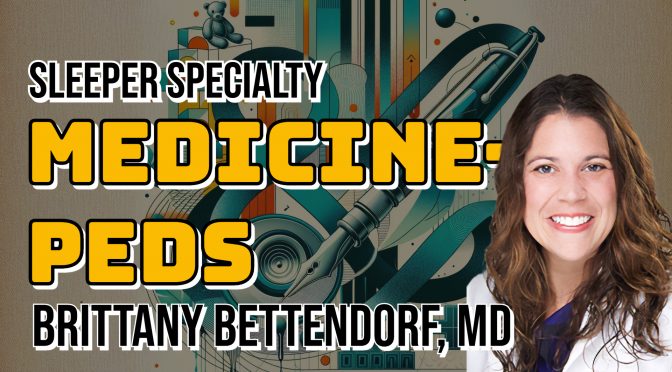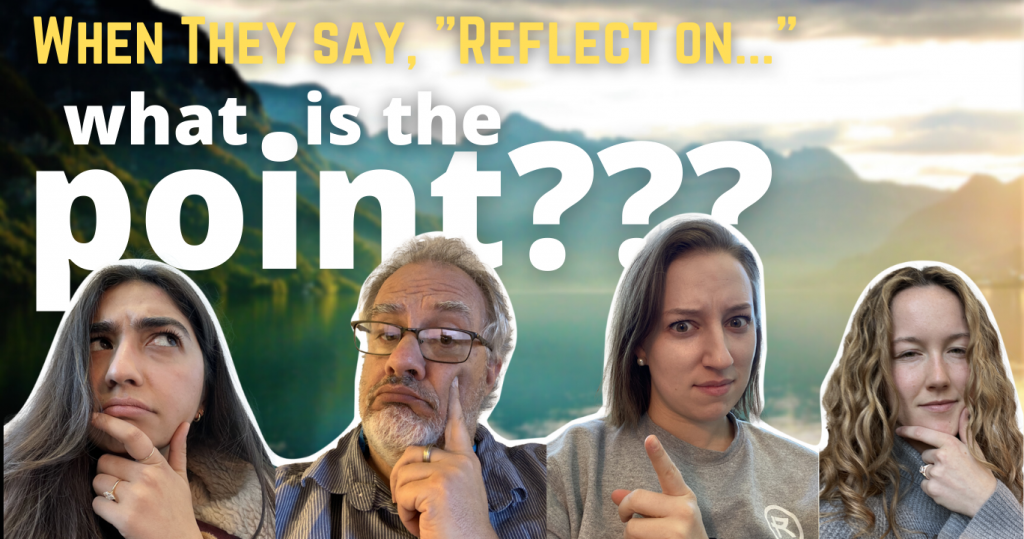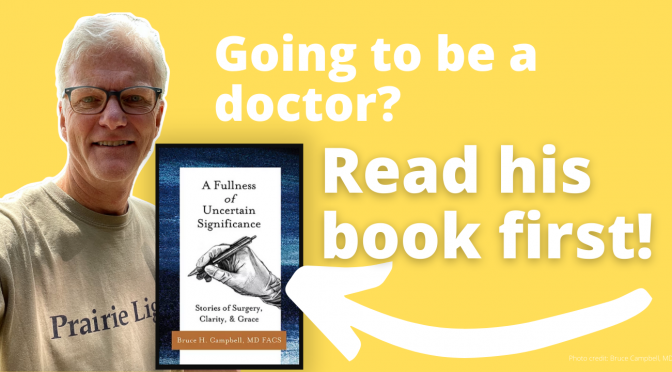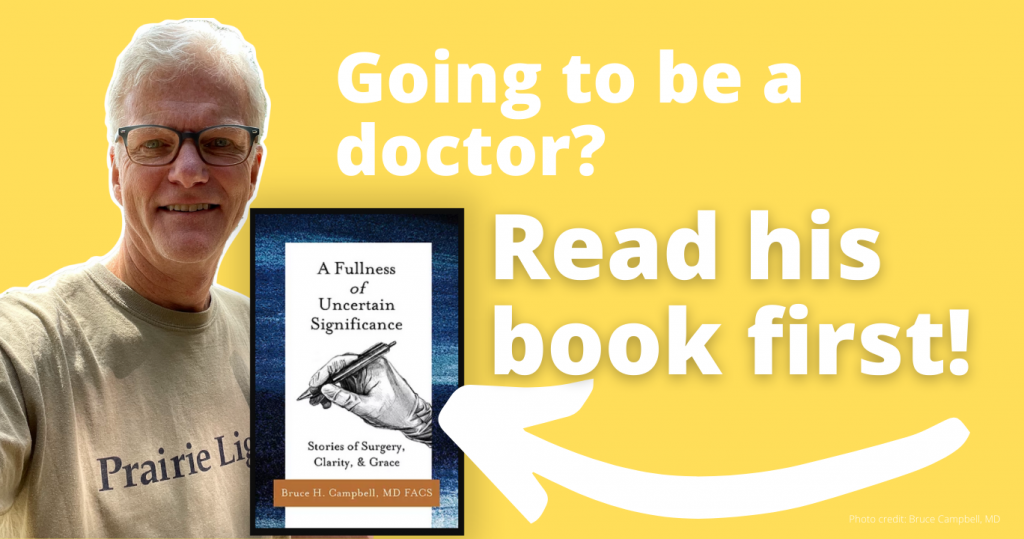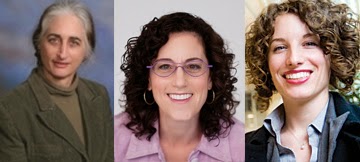Podcast: Play in new window | Download (Duration: 52:40 — 48.2MB)
Subscribe: Spotify | RSS | More
A relatively uncommon specialty can help move kids with childhood diseases to adult care
- In another in our series on “sleeper specialties,” we visit with Internal Medicine-Pediatrics (med-peds) doc Brittany Bettendorf.
- M1 Alex Nigg and M2 Madeline Ungs learn about this lesser known specialty that combines the detective work of internal medicine with a focus on kids with childhood diseases, including managing their transition to adult care. There aren’t many residencies for med-peds, which alone makes it a sleeper!
- And Dr. Bettendorf talks about her work in medical humanities at CCOM as a Medicine and Society course director, Humanities Distinction Track co-director, editor of our literary journal, and more.
More about our guest:
Website: https://medicine.uiowa.edu/internalmedicine/profile/brittany-bettendorf
We Want to Hear From You: YOUR VOICE MATTERS!
No matter where you fall on any spectrum, we want your thoughts on our show. Do you agree or disagree with something we said today? Did you hear something really helpful? Are we delivering a podcast you want to keep listening to? We’ll be sure your ideas are heard by all–leave a message at 347-SHORTCT (347-746-7828) and we’ll put your message in a future episode (use *67 to be an “Unknown caller”).
We want to know more about you: Take the Listener Survey
We do more things on…

